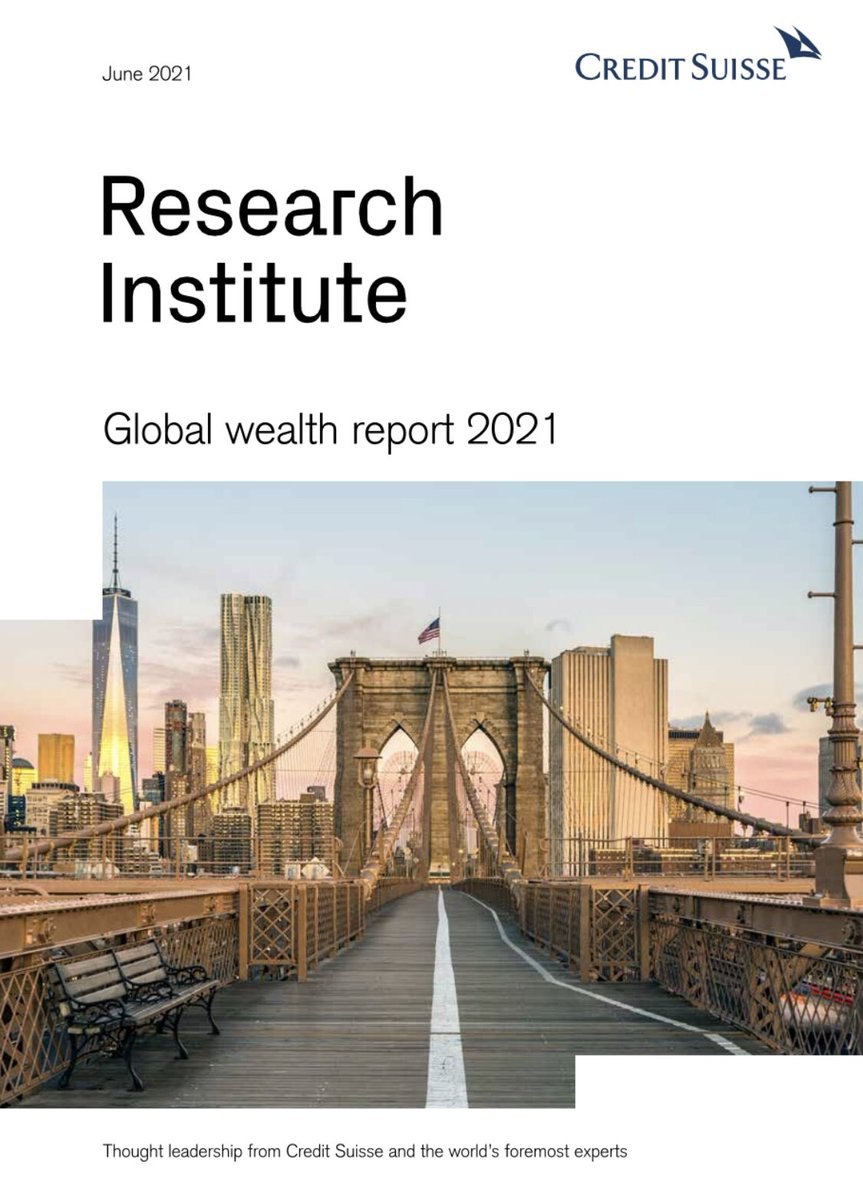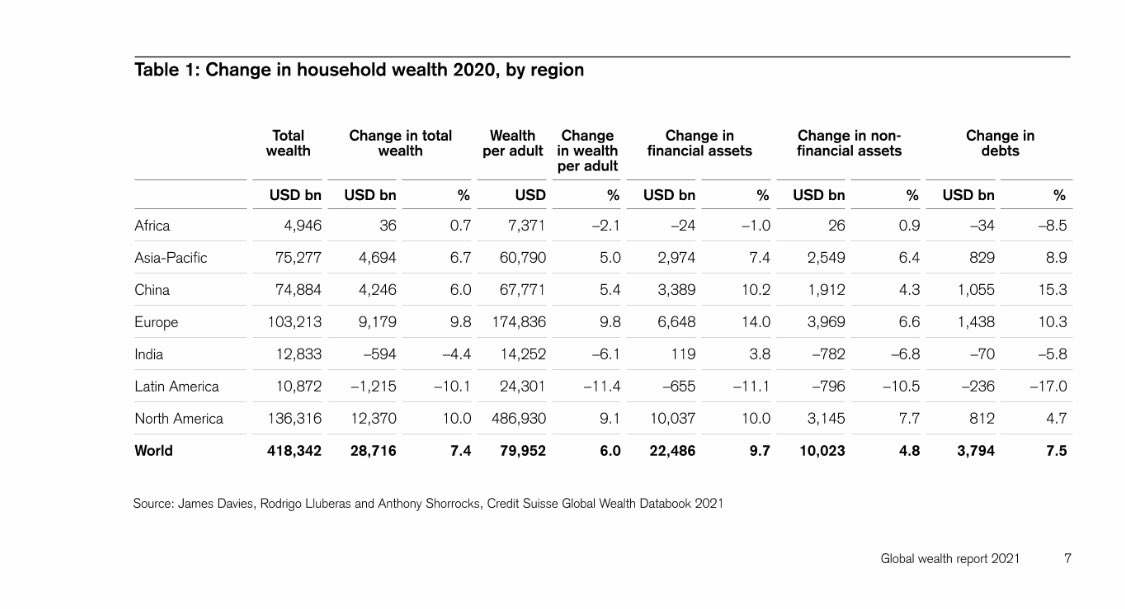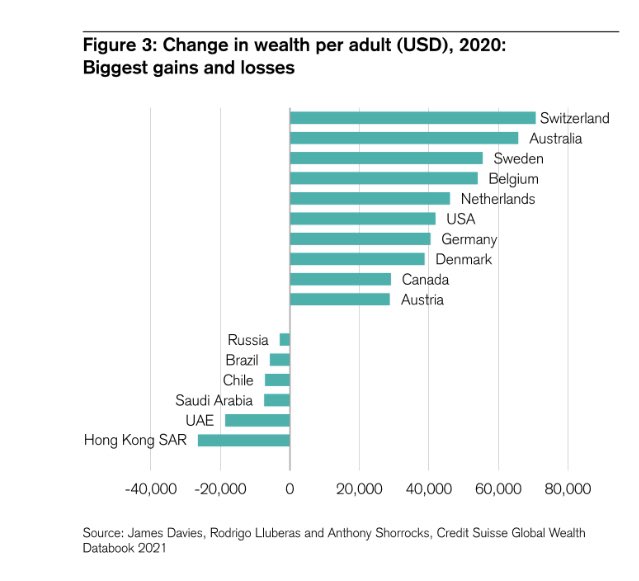President Ruto launched a New Mukuru estate as an affordable housing project. As a student of history let me tell you what will happen in a few months or years. And why this affordable housing programme is nowhere close to the Singapore story.
A thread🧵
A thread🧵
The story will begin with celebration. Govt leaders will hail it on TV screens as transformative. Beneficiaries move in. Media coverage will be glowing. New Mukuru will become the new poster child for delivering dignity to the Nairobi urban dweller. But that is just the start.
Soon after, affordability will become an issue. Residents struggle with costs - utilities, service charge, opportunity cost. A portion of original beneficiaries rent out their unit and move or return to informal housing. We’ve seen this before. Well see it again.
Next, Speculation will kick in. Transparency will fade across affordable housing projects. Units meant for low-income families will be taken over by ruthless brokers, landlords & civil servants. It is happening. What was hailed as social housing will become a commercial sport.
Next, Maintenance becomes a problem. There will be no clear, funded mechanism for maintaining water, garbage, or repairs. Things fall apart. As we saw in Kibera’s slum-upgrading projects and South Africa’s RDP housing, physical decay will set in very fast across these projects.
Next, Overcrowding emerges. Some families subdivide units or sublet to manage costs. The structures that were never fully designed with infrastructure to support high density, will start to fail. Water runs out. Sewage clogs. Fires become frequent. And public health will suffer.
Next, Security will follow the same pattern. Poor lighting, idle unemployed inhabitants, and lack of enforcement. Hallways become unsafe. The area is neglected by security agencies. Doors are reinforced. The environment changes. Homes become houses - with no homely warmth.
Globally, this story is not unique. U.S. public housing projects like Cabrini-Green in Chicago collapsed under the weight of poor planning, economic isolation, and state neglect. Buildings alone cannot solve poverty - they often concentrate it.
Now contrast this with Singapore. Many of Singaporeans got to move into public housing, and they loved it. But what's different? The Housing Development Board (HDB) didnt just build homes. It planned entire communities: jobs, schools, transport, parks & security. Not just houses.
Singapore succeeded not by doing everything but by doing the right things well: clear governance, long-term invest, data-driven design, and financial tools that matched people’s incomes. It treated housing as a true public good. And their leaders didnt pilferage public coffers.
It is a question every govt-backed housing programme must ask: Do we want to build houses or build communities? Shall we integrate jobs, transport, schools, social service - and have institutions that don’t vanish after the launch. And that can be inherited by other regimes?
This is something we must say clearly: it is not the business of government to build and manage housing at scale. Many govts lack the operational capacity, incentive structures, and financial discipline to run housing stock efficiently over time. Few govts have this capacity.
If govt insists to steer affordable housing, this is what they should do to enable the ecosystem:
- Provide serviced land
- De-risk construction finance
- Protect affordability
- Enforce zoning & design standards
- Hold developers accountable to pro-poor delivery
Be an enabler
- Provide serviced land
- De-risk construction finance
- Protect affordability
- Enforce zoning & design standards
- Hold developers accountable to pro-poor delivery
Be an enabler
Singapore didn’t succeed by laying bricks - it built institutions. Kenya must do the same. Create agencies with clear mandates, regulatory teeth, and political protection. Plan for 30 years, not just 30 headlines.
We also need to respect data. Who exactly are we building for? What is their monthly income? What’s affordable rent for them? What trade-offs are they already making between housing, food, and transport? Design must start here. Data is stubborn. Very stubborn.
So yes - Mukuru may be the headline today. But the real headline will come years from now, when we ask: was this a housing project or just another construction project? Or just a haphazard campaign promise to fill the votes and make money for govt officials.
Even in economics we say: let the central bank be the lender of last resort. The government’s role is not to build houses. It is to build trust, systems, and platforms that make decent housing viable - without becoming a landlord of last resort. Otherwise, it will all fail.
If the affordable housing project fails, it wont be for lack of cement. It’ll be for lack of vision, imagination & system thinking. Housing isn't just about structures- it’s also communities, dignity & data-led decisions. Not enriching well-connected contractors & govt officials.
If any of this made sense to you, feel free to retweet the first tweet is below. Thanks!
https://x.com/reubenmuhindi/status/1924752076027904397
• • •
Missing some Tweet in this thread? You can try to
force a refresh







